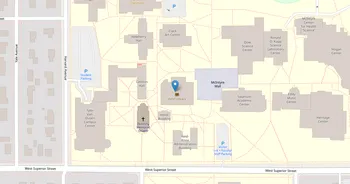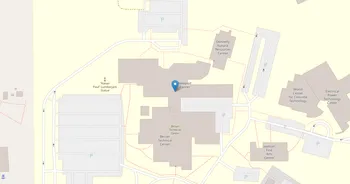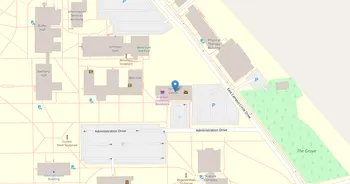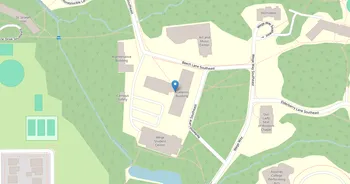Northwestern Technological Institute : Overview, Courses, Scholarships & Rankings
About Northwestern Technological Institute
Set in Southfield just outside Detroit, Northwestern Technological Institute is known for career-focused training and plenty of hands-on time. Classes lean into applied problem solving with steady feedback from instructors with industry experience. The campus feels like a working shop, with labs, tool spaces, and classrooms built for demos. The tone is practical and welcoming, more get it done than glossy.
Students tap advising, tutoring, and job search guidance, plus skills workshops that sharpen safety and troubleshooting. It is a commuter crowd, so community forms through study groups and quick coffee talks between labs. Off campus, students find nearby parks, gyms, and the region's music and food scene. Metro Detroit brings access to regional employers, site visits, and real scenarios to analyze. The culture prizes reliability, teamwork, and pride in craft, and the school is known for grads who show up ready to contribute.
Key Institutional Details
Contact & Profile
Academic & Institutional
Academic Programs & Fields of Study
Northwestern Technological Institute offers 1 degree programs across 1 major academic fields, graduating approximately 473 students annually. The most popular fields by graduate volume are Eng. Technologies (1 programs, 473 graduates). Explore program details, award levels, and graduate demographics below.
Eng. Technologies (1 programs, 473 graduates)
Applied Engineering Technologies and Technical Support
| Program Name | Graduates | Gender Distribution | Award Levels | CIP Code |
|---|---|---|---|---|
| HVAC Engineering Technology | 473 |
|
Other Award
|
15.0501 |
Tuition, Fees & Estimated Costs
Overview of tuition rates, housing, and other annual education expenses for undergraduate and graduate students
Financial Aid & Student Support
Summary of scholarships, grants, student loans, and financial aid statistics for undergraduate students
Student Success Metrics
Graduation rates and post-graduation earnings to help assess student outcomes and long-term value of education.
Loan Burden & Repayment Outcomes
Breakdown of loan repayment rates and student debt levels by income and dependency status.
Frequently Asked Questions
Find answers to the most common questions about Northwestern Technological Institute
What academic programs and degree levels does Northwestern Technological Institute offer?
Northwestern Technological Institute offers 1 academic programs across 1 major fields of study, with available degree levels: Other Award.
Most popular program areas include:
- Applied Engineering Technologies and Technical Support (1 programs)
Data based on IPEDS program completions for 2023-2024 academic year. Numbers reflect programs where students graduated, not all offered programs.
What financial aid and scholarships are available at Northwestern Technological Institute?
Northwestern Technological Institute provides financial aid to 55% of first-time, full-time students, with average grants of $4,844 and average loans of $5,996.
Average financial aid amounts by type:
- Pell grants: $4,803
- State/Local grants: $6,894
- Federal loans: $5,996
The university supports 504 students with grants and 443 students with loans annually.
Data based on IPEDS for 2022-2023 academic year. Financial aid amounts and percentages may vary by program, enrollment status, and individual circumstances.
What is the average salary for Northwestern Technological Institute graduates?
Northwestern Technological Institute graduates earn a median salary of $33,480 after 6 years and $41,237 after 10 years.
The salary range 10 years after graduation spans from $17,841 (25th percentile) to $64,224 (75th percentile).
Data based on IPEDS for 2022-2023 academic year. Salary data reflects graduates who received federal financial aid (approximately 60% of all graduates). Actual earnings may vary significantly based on program, location, and individual circumstances.
Related Universities




Found something useful? Help others discover it too! Share with friends, on social media, or save for later - every share helps someone find the information they need.